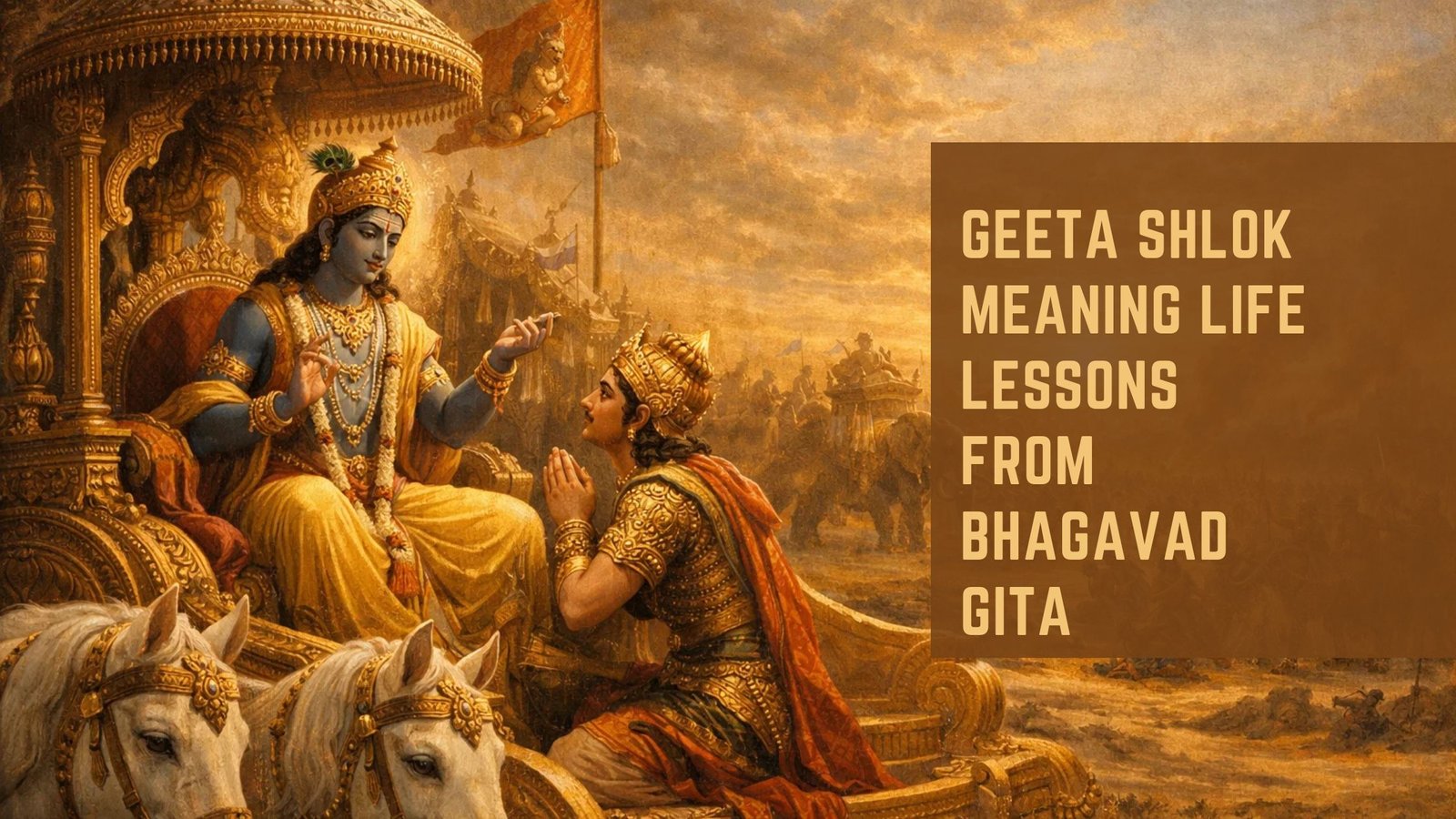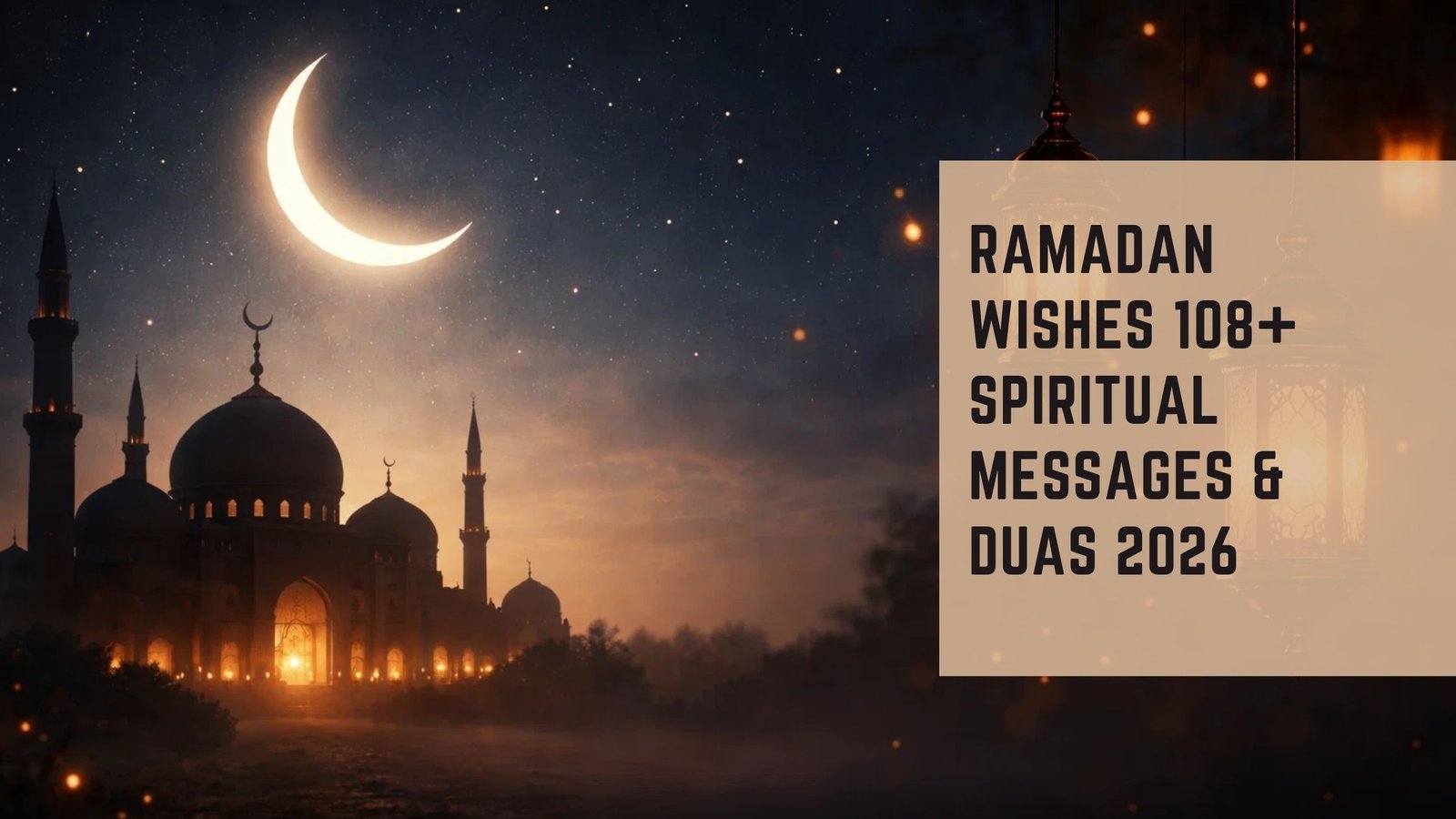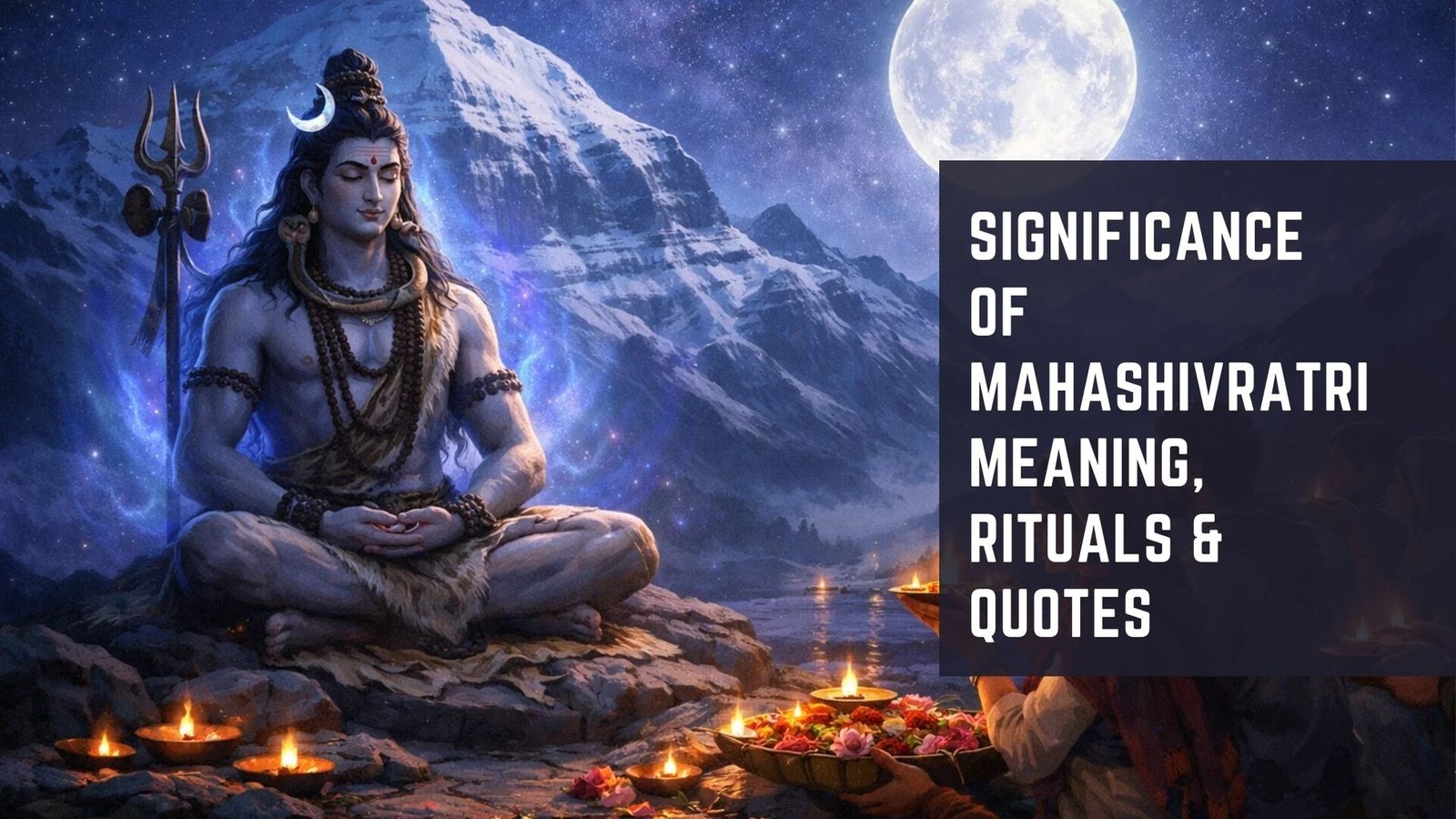The Bhagavad Gita, often referred to simply as the Gita, is a 700-verse Hindu scripture that is part of the Indian epic Mahabharata. It is a sacred text that has transcended time and culture, offering profound insights into the nature of life, duty, and spirituality. The dialogue between Prince Arjuna and Lord Krishna unfolds on the battlefield of Kurukshetra, where Arjuna grapples with his moral dilemmas and the weight of his responsibilities.
This ancient scripture serves not only as a philosophical treatise but also as a guide for personal conduct and ethical decision-making. The Gita’s teachings resonate with individuals seeking clarity in their lives, making it a timeless source of wisdom. The significance of the Bhagavad Gita extends beyond its historical context; it addresses universal themes that are relevant to humanity at large.
The text delves into the complexities of human emotions, the struggle between right and wrong, and the quest for self-realization. As readers engage with its verses, they are invited to reflect on their own lives and the choices they make. The Gita’s teachings encourage individuals to rise above their limitations and embrace their true selves, fostering a sense of purpose and direction in an often chaotic world.
Key Takeaways
- The Bhagavad Gita is a sacred Hindu scripture that imparts spiritual wisdom and guidance for living a fulfilling life.
- Bhagavad Gita 2:23 emphasizes the indestructible nature of the soul, which cannot be harmed by weapons, fire, water, or wind.
- Interpreting the verse, the unbreakable soul signifies the eternal and unchanging essence of the self, unaffected by external forces.
- Hindu philosophy views the soul as immortal and transcendent, distinct from the physical body and mind, and interconnected with the divine.
- Applying the teachings of Bhagavad Gita 2:23 to modern life involves cultivating inner strength, resilience, and a sense of purpose in the face of challenges.
The Unbreakable Soul: Understanding Bhagavad Gita 2:23
In Bhagavad Gita 2:23, Lord Krishna imparts a crucial lesson about the nature of the soul, stating that it is eternal and indestructible. This verse emphasizes that while the physical body may perish, the soul remains unscathed by the trials of life and death. The concept of an unbreakable soul serves as a cornerstone of Hindu philosophy, offering solace to those who fear mortality and the impermanence of existence.
By understanding this fundamental truth, individuals can cultivate a sense of peace amidst the inevitable changes that life presents. The idea of an unbreakable soul also invites contemplation on the nature of identity. Many people identify themselves solely with their physical form or their roles in society, leading to a limited understanding of who they truly are.
The Gita challenges this notion by asserting that one’s essence transcends the material world. This realization can empower individuals to detach from superficial concerns and focus on their spiritual growth, ultimately leading to a more fulfilling existence.
Interpreting the Verse: Unbreakable Soul

The interpretation of Bhagavad Gita 2:23 reveals layers of meaning that resonate deeply with seekers of truth. The verse states that the soul cannot be cut, burned, or destroyed; it is beyond the reach of physical harm. This assertion serves as a reminder that one’s true self is not defined by external circumstances or experiences.
Instead, it exists in a realm that is untouched by the chaos of life. Such an understanding can provide immense comfort during times of loss or hardship, as it reinforces the belief in an eternal essence that continues beyond physical existence. Moreover, this verse encourages individuals to cultivate resilience in the face of adversity.
By recognizing that their true nature is unbreakable, they can approach challenges with a sense of strength and determination. The teachings of the Gita inspire individuals to rise above their fears and insecurities, fostering a mindset that embraces growth and transformation. In this way, the unbreakable soul becomes a source of empowerment, guiding individuals toward a deeper understanding of themselves and their place in the universe.
The Concept of the Soul in Hindu Philosophy
| Aspect | Description |
|---|---|
| Atman | The individual soul, eternal and unchanging, which is distinct from the body and mind |
| Brahman | The ultimate reality, the universal soul that encompasses and transcends all individual souls |
| Reincarnation | The belief that the soul is reborn into a new body after death, based on karma |
| Karma | The law of cause and effect, where one’s actions in this life determine the nature of the next life |
| Moksha | The liberation from the cycle of birth and death, achieved through self-realization and union with Brahman |
In Hindu philosophy, the concept of the soul, or Atman, is central to understanding existence. Atman is considered the true self, distinct from the physical body and mind. It is believed to be a fragment of the divine consciousness, interconnected with Brahman, the ultimate reality.
This relationship underscores the idea that every individual possesses an inherent divinity within them, which is eternal and unchanging. The exploration of Atman invites individuals to embark on a journey of self-discovery, seeking to uncover their true nature beyond societal labels and expectations. The teachings surrounding Atman also emphasize the importance of karma and reincarnation.
According to Hindu beliefs, the soul undergoes cycles of birth and rebirth based on its actions in previous lives. This cyclical nature reinforces the idea that life is a continuous journey toward spiritual evolution. By understanding the soul’s journey through various incarnations, individuals can cultivate compassion for themselves and others, recognizing that everyone is on their unique path toward enlightenment.
Applying the Teachings of Bhagavad Gita 2:23 to Modern Life
The teachings encapsulated in Bhagavad Gita 2:23 hold profound implications for modern life. In an age characterized by rapid change and uncertainty, many individuals grapple with feelings of anxiety and insecurity. The reminder that one’s true essence is unbreakable can serve as a powerful antidote to these challenges.
By internalizing this wisdom, individuals can develop a more resilient mindset, allowing them to navigate life’s ups and downs with grace and equanimity. Furthermore, applying these teachings encourages individuals to prioritize their spiritual well-being over material pursuits. In a society often driven by external validation and success, recognizing the eternal nature of the soul can shift one’s focus inward.
This shift fosters a deeper connection with oneself and encourages individuals to engage in practices such as meditation, self-reflection, and mindfulness. By nurturing their inner lives, individuals can cultivate a sense of fulfillment that transcends fleeting achievements.
Finding Inner Strength through the Unbreakable Soul

The concept of an unbreakable soul offers a pathway to discovering inner strength. When individuals acknowledge that their true essence cannot be diminished by external circumstances, they unlock a reservoir of resilience within themselves.
Such inner strength becomes a guiding force during difficult times, enabling individuals to persevere and emerge stronger. Moreover, embracing the idea of an unbreakable soul fosters self-acceptance and compassion. Individuals learn to embrace their imperfections and vulnerabilities as part of their human experience.
This acceptance allows them to approach themselves with kindness rather than judgment, creating a nurturing environment for personal growth. As they cultivate this inner strength rooted in self-awareness, they become better equipped to support others on their journeys as well.
Overcoming Adversity with the Wisdom of Bhagavad Gita 2:23
The wisdom imparted in Bhagavad Gita 2:23 serves as a beacon of hope for those facing adversity. Life’s challenges can often feel overwhelming, leading individuals to question their worth and purpose. However, by internalizing the teachings about the unbreakable soul, they can find solace in knowing that their essence remains untouched by external turmoil.
This perspective allows them to approach difficulties with courage and determination.
Each challenge presents a chance to learn valuable lessons about resilience, compassion, and self-discovery.
By reframing their experiences through this lens, individuals can transform obstacles into stepping stones on their spiritual journey. The teachings of the Gita inspire them to embrace life’s uncertainties with an open heart and mind.
Embracing the Unbreakable Soul
In conclusion, embracing the concept of an unbreakable soul as articulated in Bhagavad Gita 2:23 offers profound insights into navigating life’s complexities. This timeless wisdom encourages individuals to recognize their true essence beyond physical limitations and societal expectations. By internalizing these teachings, they can cultivate resilience, inner strength, and compassion for themselves and others.
As individuals embark on their journeys toward self-discovery and spiritual growth, they are reminded that they are not defined by external circumstances but by their eternal essence. The teachings of the Bhagavad Gita serve as a guiding light in an ever-changing world, inviting individuals to embrace their unbreakable souls with courage and grace. Ultimately, this journey leads to a deeper understanding of oneself and a more meaningful connection with the universe at large.
In Chapter 2, Verse 23 of the Bhagavad Gita, Lord Krishna emphasizes the impermanence of the physical body and the eternal nature of the soul. This eternal wisdom is further explored in an article titled “The Eternal Wisdom of the Bhagavad Gita” available at thegita.in. The article delves into the profound teachings of the Gita and how they can be applied to our modern lives. For more insights and life lessons from this ancient scripture, visit thegita.in or read “Life Lessons from the Gita: Ancient Wisdom for Today” at thegita.in.
FAQs
What is the Bhagavad Gita?
The Bhagavad Gita is a 700-verse Hindu scripture that is part of the Indian epic Mahabharata. It is a sacred text of the Hindu religion and is considered one of the most important spiritual classics.
What is Chapter 2, Verse 23 of the Bhagavad Gita about?
Chapter 2, Verse 23 of the Bhagavad Gita discusses the nature of the soul and its immortality. It emphasizes that the soul is eternal and cannot be destroyed by any weapon, fire, water, or air.
What is the significance of Chapter 2, Verse 23 in the Bhagavad Gita?
This verse highlights the eternal nature of the soul and the concept of immortality in Hindu philosophy. It is a key teaching in the Bhagavad Gita that emphasizes the indestructible nature of the soul.
How is Chapter 2, Verse 23 relevant to modern life?
The teachings of Chapter 2, Verse 23 can be applied to modern life by encouraging individuals to focus on the eternal nature of the soul and to seek spiritual growth and enlightenment. It can also provide comfort and perspective in the face of life’s challenges and difficulties.














